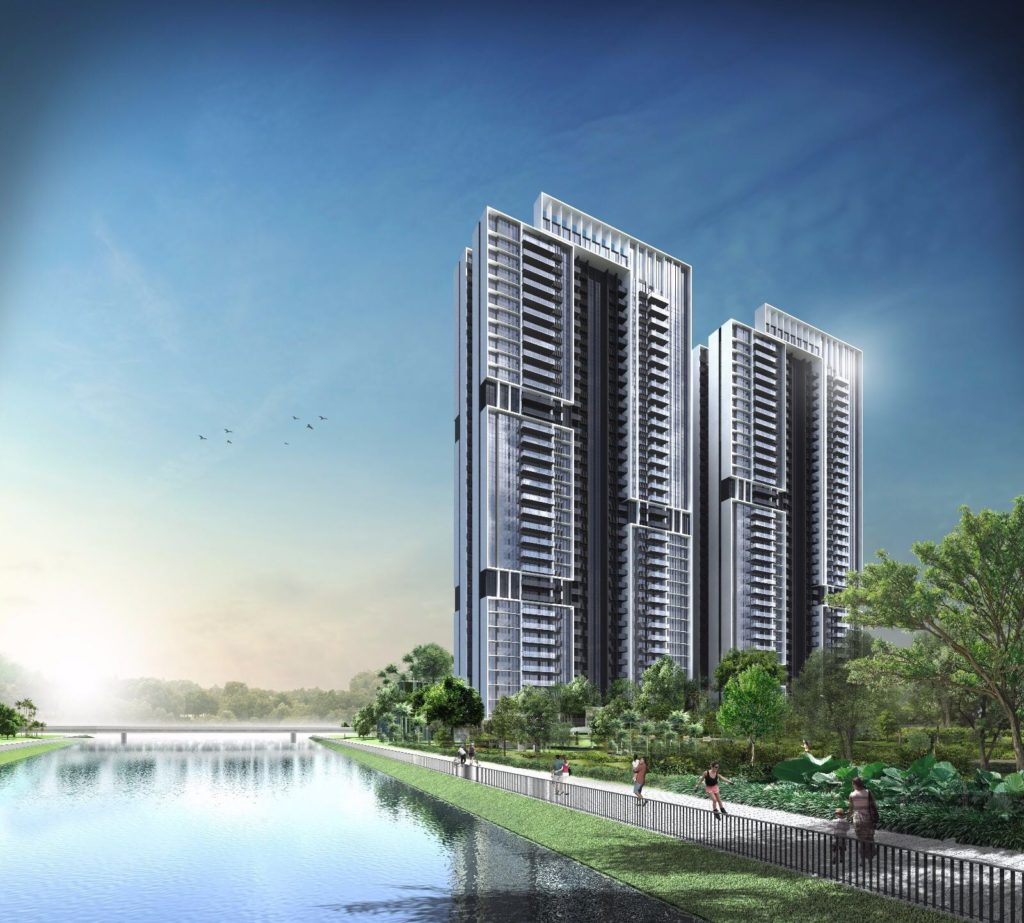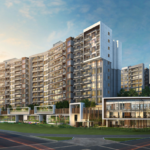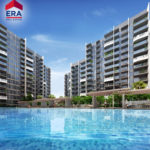Pros and Cons of investing in Singapore real estate

Pros and Cons of investing in Singapore real estate

Real estate can be defined as the property consisting of land and buildings. It is further divided into 3 categories; commercial, industrial and residential. A huge number of individuals consider real estate as an asset that has a lot of potential as virtually everyone is familiar with houses, condominiums, malls, shops, office buildings, factories, etc. So, many people invest in real estate when they buy their first property. Singapore is considered around the world as one of best areas to invest in. Here are some pros and cons you should keep in mind if you’re deciding to invest in Singapore real estate.
Pros:
- Stable returns:
Real estate costs around the globe have usually drifted upwards, providing stable and above average returns to the investors. While the U.S house value file has a 3.3% CAGR since 1991, the Singapore CAGR has been 4.0% since 1993.
- Diverse economy:
Before you decide to invest your money in real estate of some country, you must take an extensive look at its economy. When it comes to Singapore, its economy is significantly diverse. There are strong economic ties to shipping, real estate, and the financial services. Other than that it has a huge tourism industry which keeps providing a constant boost to the economy.
- Booming real estate:
Singapore is considered as the leading real estate hub in Asia and attracts a number of investors from the world. The process of buying property and finding the right investment to make is a significantly easy job in this area, making Singapore an ideal place for investing in real estate.
- Maintenance:
One main advantage of investing in Singapore real estate is the ease of maintaining the property. While house hunting and buying a property is an ease, getting the necessary repairs done is no trouble too. If you own a HDB or Private Condominium, there is government agencies or Management Corporation Strata Title (MCST) that ensures the facilities and building structures are properly maintained. They even made a point to paint the facade every five to seven years in-order to always give the building a fresh look. If there is any renovations or repaired needed in your home, you can find many contractors or handyman just by searching online. This way you can maintain your property for its future buyers and thus maintain its value or better, get some handsome proceeds from it.
Cons:
- Illiquid asset:
Real estate is an illiquid asset. It means that it is not an easy and quick job to convert the property into cash when you actually require it. The market gets to face its ups and downs so the selling and purchasing can sometimes take up lots of time and effort which can be a tedious job especially when you are in dire need of instant cash.
- Massive capital:
Generating a capital good enough to purchase/invest in your choice of property requires at least 3 to 5 years of saving and scrimping. This is one of the major obstacles for quite a large number of people who want to invest in Singapore’s real estate as it requires time plus energy. Since 2009, Singapore Government has introduced a series of Cooling Measures in attempt to stop a property bubble crisis or at least slow down the growth. Now with Additional Buyer Stamp Duty (ABSD) and Total Debt Servicing Ratio in place, you will need even more cash to buy a property if you are a Singapore Permanant Resident, Foreigner or Singaporean who is buying their 2nd or more properties.
New Condo Launch which reflects current property market




